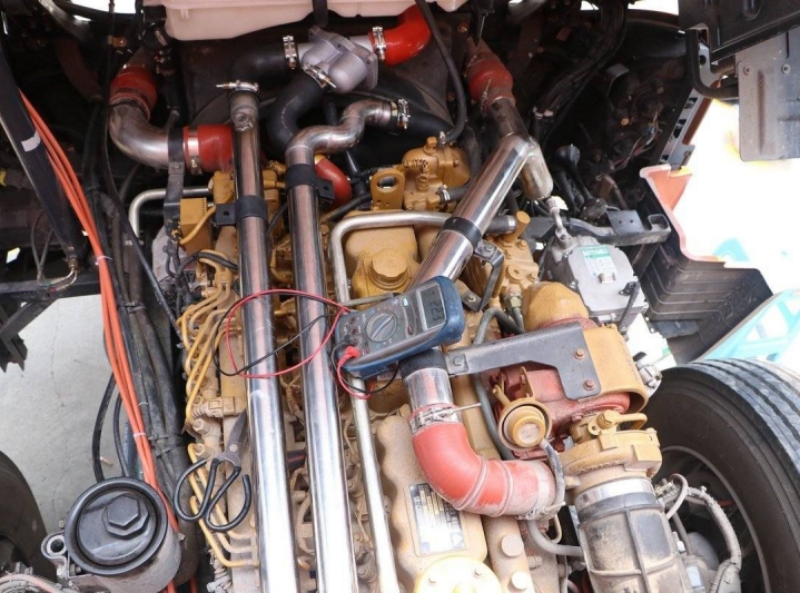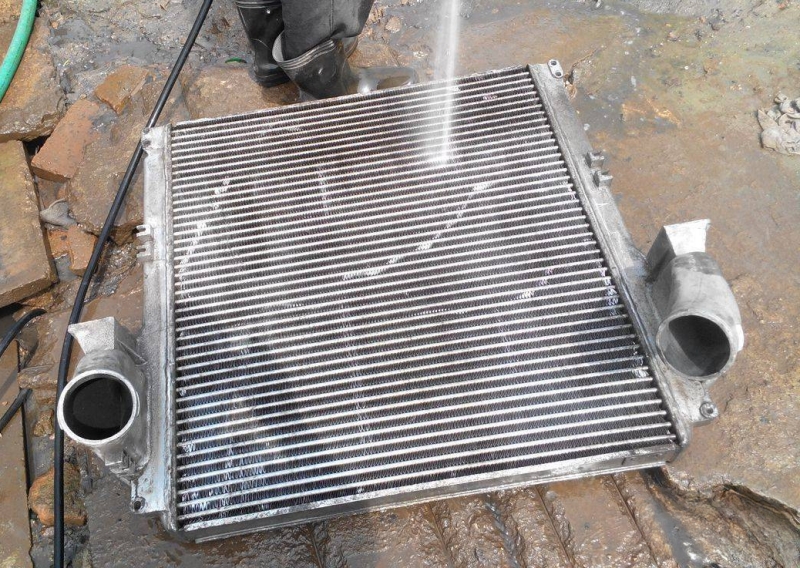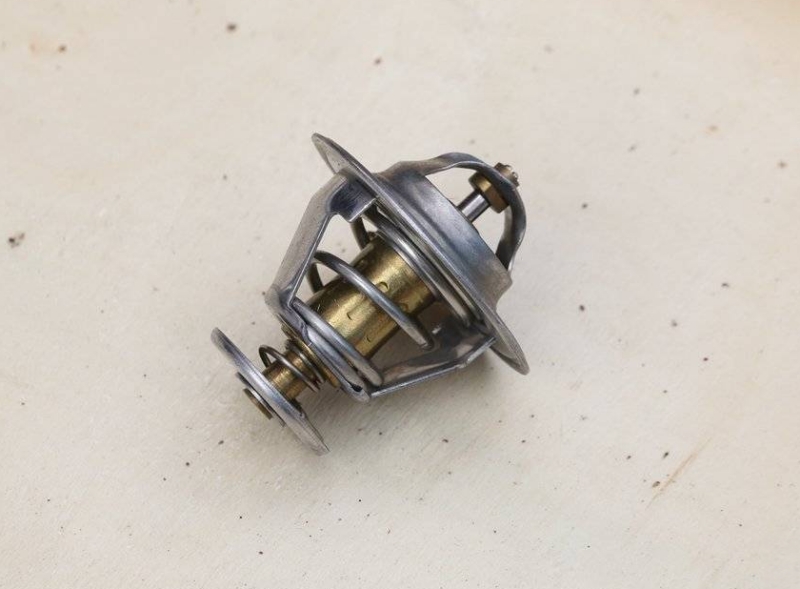The most profound experience this summer has been the widespread high temperatures. Since the beginning of summer, my country has experienced numerous regional high temperatures, characterized by widespread, prolonged, extreme, and significant impacts. High temperatures have caused numerous vehicle fires, casualties, and traffic accidents. This recent high temperature event affected an area of 5.021 million square kilometers nationwide, impacting over 900 million people.
Under the influence of such high temperatures, not only must we take precautions against the heat and maintain our own trucks, but we must also pay close attention to the maintenance of our trucks themselves. After all, they are our livelihoods. Today, we will explore which parts require special attention during daily vehicle maintenance in high-temperature environments.
The radiator, coolant, and engine oil all require attention
If the engine is the heart of the vehicle, then the coolant and cooling lines are its blood and veins. They must remove excess heat and maintain the engine at its optimal operating temperature. High water temperature and reduced coolant levels can both affect engine performance. Prolonged high water temperatures not only increase wear on engine components but also reduce oil viscosity, shortening engine life.
In severe cases, this can even damage the cylinder head gasket, leading to crossflow between the water and oil lines. This significantly increases the likelihood of engine overheating and the need for a major overhaul. There are many reasons for high water temperature, with low or defective coolant being a major factor. Simply refill with the same grade of coolant to the upper limit. Avoid adding water, as impurities in the water can clog the radiator, leading to the following consequences.
Using impure water as coolant for an extended period can lead to scale and dirt buildup in the radiator, indirectly increasing coolant flow resistance. This ultimately reduces coolant flow efficiency within the radiator, impacting the entire cooling system. Minor blockages can be treated by removing the radiator and pouring a descaling agent and water mixture into the radiator to dissolve the blockage. Alternatively, the radiator can be removed and cleaned with a high-pressure water jet. More severe blockages may require replacement of the entire intercooler.
Of course, another factor affecting water temperature is a thermostat failure. A failed thermostat can cause the engine to lose its ability to sense water temperature when temperatures rise, leading to circulation issues and inefficient heat dissipation, ultimately causing high water temperatures. This should be replaced promptly. Besides radiator line blockage, the engine’s water channels can also become clogged due to scale and dirt. In severe cases, this can damage the cylinder head bed, potentially causing leakage between the cylinder and the water channel, and even lead to water backflow.
Furthermore, due to high summer temperatures, engine oil viscosity may decrease. Truckers using oil from extremely cold winter regions should change their oil promptly. Reduced viscosity can cause abnormal wear between vehicle components. It also weakens the oil’s antioxidant properties, causing it to deteriorate. Over time, this can lead to reduced lubrication of components like piston rings and pistons, resulting in irreversible damage.
Therefore, if you encounter engine oil problems, contact a service station immediately and replace the oil with one that suits the engine’s characteristics and operating temperature. This is especially important for truckers who regularly engage in trunk haulage. Furthermore, monitoring the engine oil pressure while driving and ensuring it’s within specified limits can reduce vehicle failure rates.
In summer, the vehicle’s water temperature is crucial. Before summer arrives, many experienced drivers will promptly check the coolant level, check the radiator for blockages, and check for abnormal oil or water leakage. This proactive inspection avoids downtime caused by opening the engine for major repairs, which can indirectly impact work and income.
Of course, if you require a new radiator, thermostat, radiator, or other spare parts during maintenance, you can contact us to purchase them!
Click here to visit our spare parts web
Click here to visit our alibaba (There are more kinds of products)
Post time: Jul-30-2025



